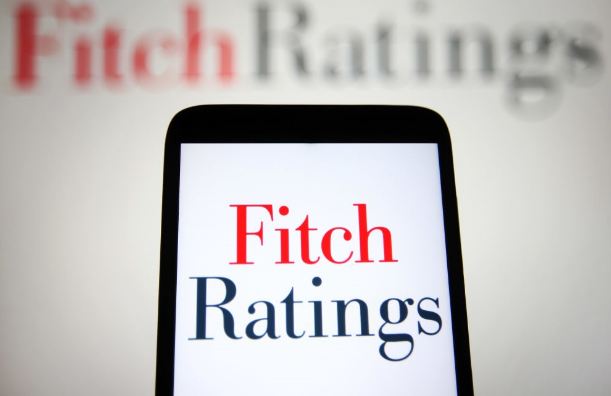The international credit rating agency Fitch Ratings has kept South Africa’s credit rating unchanged, predicting that load shedding will ease in 2024 – but took a grim view on the country’s growth prospects and ballooning government debt.
Fitch’s rating remains at ‘BB-‘ with a stable outlook, which is in line with S&P’s rating (also BB-).
Moody’s rates South Africa slightly higher: at Ba2, which is equivalent to the BB rating Fitch and S&P use.
In its ratings report, released on Friday, Fitch projected that the local economy would grow by 0.9% in 2024 and 1.3% in 2025, from an estimated 0.5% in 2023.
“The economy remains severely troubled by the impact of electricity capacity constraints, a struggling logistics sector and a high level of inequality.”
Fitch expects that load shedding will reduce this year – thanks to Kusile power station units coming online, as well as private-sector generation – but that it won’t disappear for the next two years.
The agency notes that reforms as part of Operation Vulindlela, which was established by the Presidency and National Treasury in 2020 to remove obstacles to growth, have been implemented in some sectors, particularly energy and logistics.
“Although the reforms will contribute to a modest increase in real GDP growth in the near to medium term, they are limited in ambition and we do not think they will significantly enhance South Africa’s low growth potential, which we estimate at 1.2%.”
Fitch warns that government debt is expected to reach 83.2% of GDP in the next year, from an estimated 76% currently. This is well above 52%, which is the median of BB-graded countries.
Lower tax income due to weak growth, increased government spending (due in part to a public-sector wage deal), higher interest payments and huge bailouts for Eskom and Transnet are adding to the state’s debt woes. Fitch expects government to allocate R50 billion (split over two years) in support to Transnet this year.
In South Africa’s favour is the fact that its government bonds have long maturities and mostly denominated in rand, as well as a “credible” monetary policy framework.
It also expects that inflation will fall to 5% by the end of the year thanks to The Reserve Bank’s “hawkish, higher-for-longer stance” on interest rates. “We believe the SARB has completed its tightening cycle and leave the policy rate at 8.25% until the first quarter of 2024.”
Fitch warned that the high unemployment rate, in conjunction with an exceptionally high level of income inequality, will pose a risk to sociopolitical stability, with frequent strikes and protests.
It also believes that the ANC could lose its majority in the May 2024 general election. “(But) this would be unlikely to result in major changes in economic policy.”
In its response to the Fitch announcement, Treasury said that government will focus on raising GDP growth over the medium term by improving the provision of electricity, logistics and enhancing the delivery of infrastructure.
“Fiscal policy continues to support this approach by stabilising debt and debt-service costs. Government reiterates that fiscal consolidation will be implemented through spending reductions, efficiency measures across government and moderate tax revenue measures.”

















